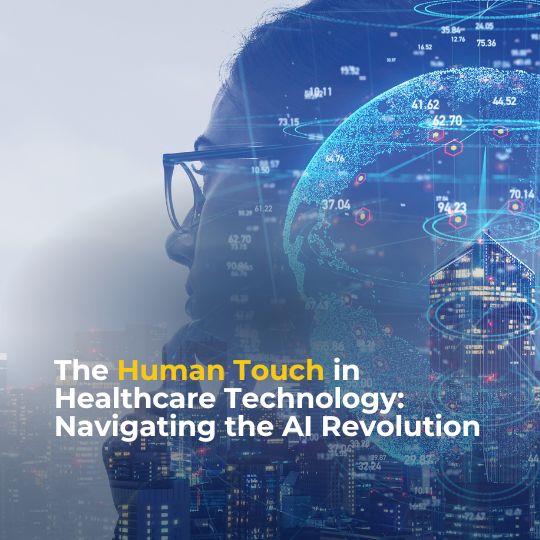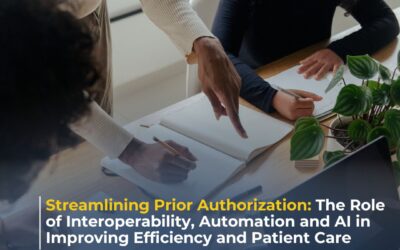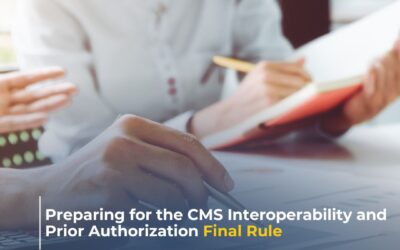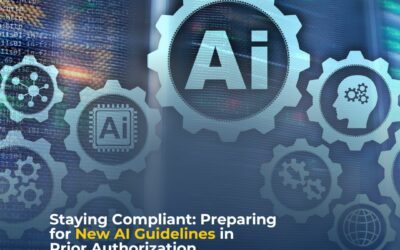
Technological advancements in the Healthcare industry have become synonymous with progress. The surge of AI technology in healthcare is not only revolutionizing patient care but also reshaping how healthcare operations are conducted. While AI is indeed a powerful tool, it is crucial to remember that it is not a standalone solution, and the importance of human intervention remains paramount.
The Role of Human-Driven Innovation
The integration of automation and technology in healthcare is not a recent development. Over the years, healthcare organizations, including Agadia, have recognized the need for efficiency and precision in their operations, leading to the widespread adoption of automation technology. This technology has streamlined processes, improved patient outcomes, and laid the foundation for AI integration.
AI: A Universal Game Changer
The prevalence of AI technology extends beyond healthcare; it is sweeping across all industries, promising unparalleled insights and efficiency. In healthcare, AI has the potential to transform data analysis, diagnosis, and patient care. However, AI is not a one-size-fits-all solution. It is not the magic wand that can replace human expertise.
The Balancing Act: Human Expertise and AI Assistance
The true power of AI lies in its collaboration with human expertise. While AI can process vast datasets at remarkable speeds, it is the human touch that gives meaning to its findings, applies critical thinking, and makes informed decisions. The perfect balance is achieved when AI and human-led innovations work in tandem.
The Rush to AI: Caution is Advised
The rush to embrace AI technology in healthcare and other industries can sometimes lead to hasty decisions. Vendors are quick to tout AI as the ultimate solution, but it’s essential to proceed with caution. Not all AI implementations are created equal, and relying solely on AI technology can be misleading.
Selecting the Right Partner
In the age of AI, choosing the right partner is critical. It’s not just about who leverages the latest AI technology; it’s also about who has the experience and expertise to back it up. The integration of AI should be strategic, focusing on practical, effective solutions that improve operations, enhance patient care, and empower professionals.
In conclusion, the integration of AI into healthcare and other industries is undoubtedly transformative, but it should be seen as an enhancement, not a replacement for human intervention. The AI revolution calls for a balanced approach, where human expertise and AI technology complement each other. As healthcare and other sectors navigate this shift, the importance of selecting experienced and knowledgeable partners cannot be overstated. The future belongs to those who can harness the power of both AI and human touch to deliver outstanding results.










